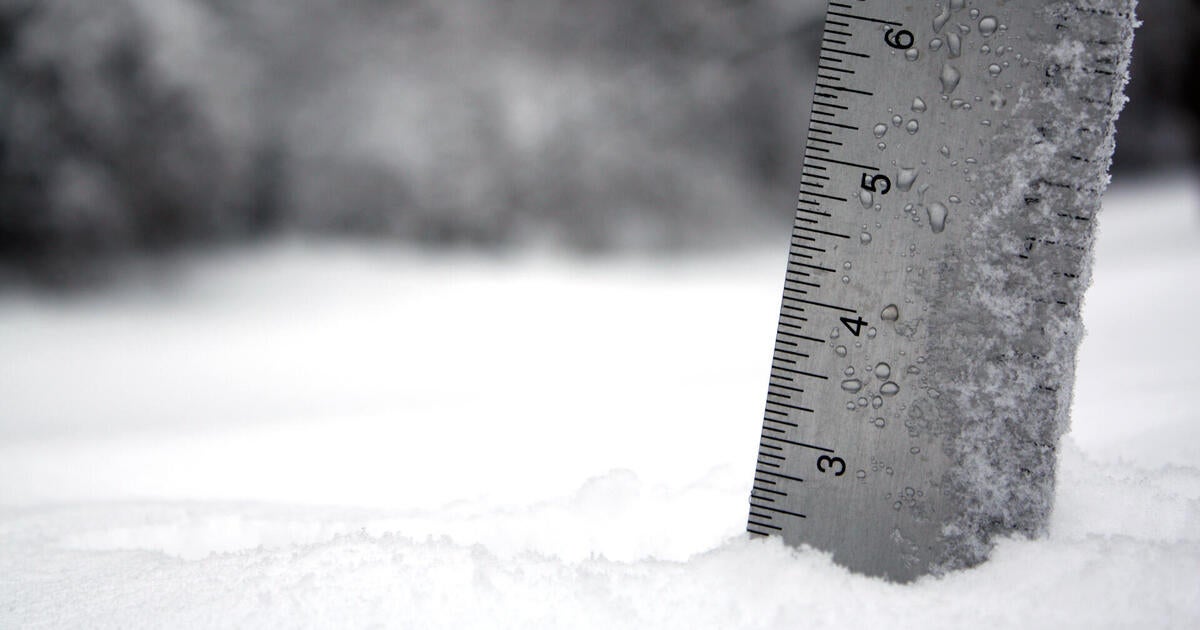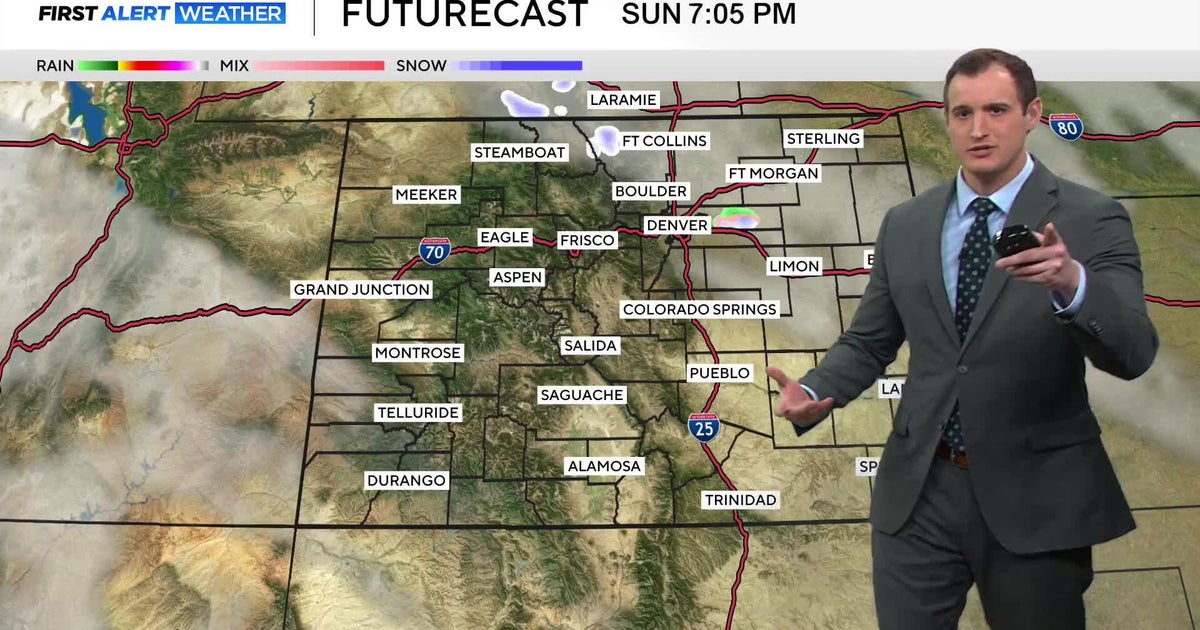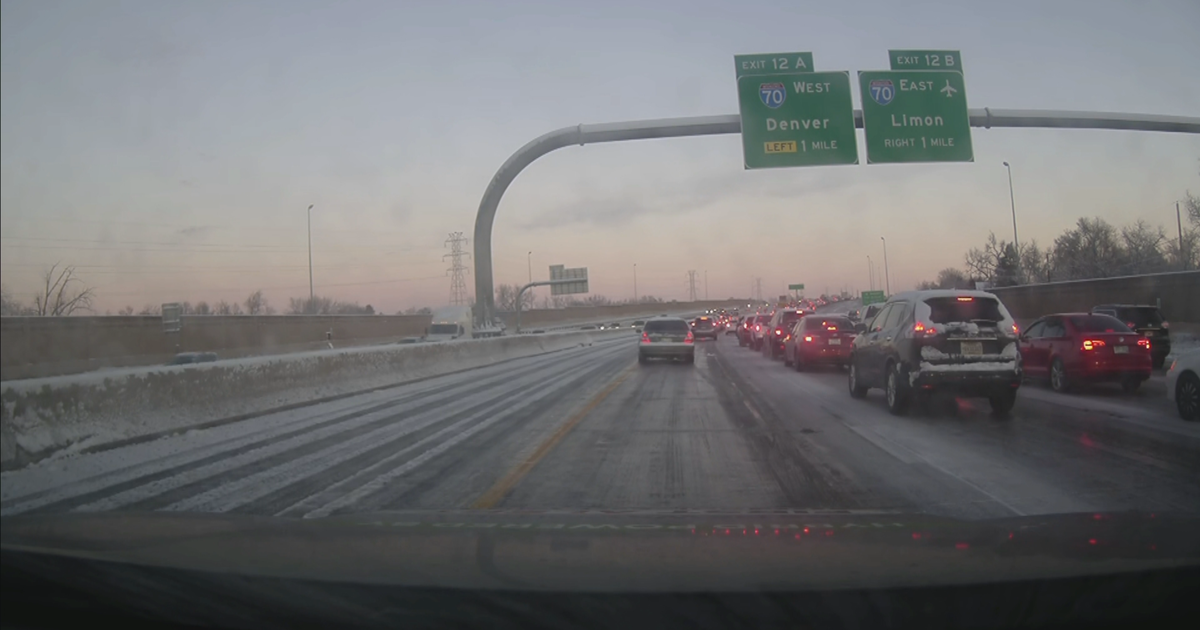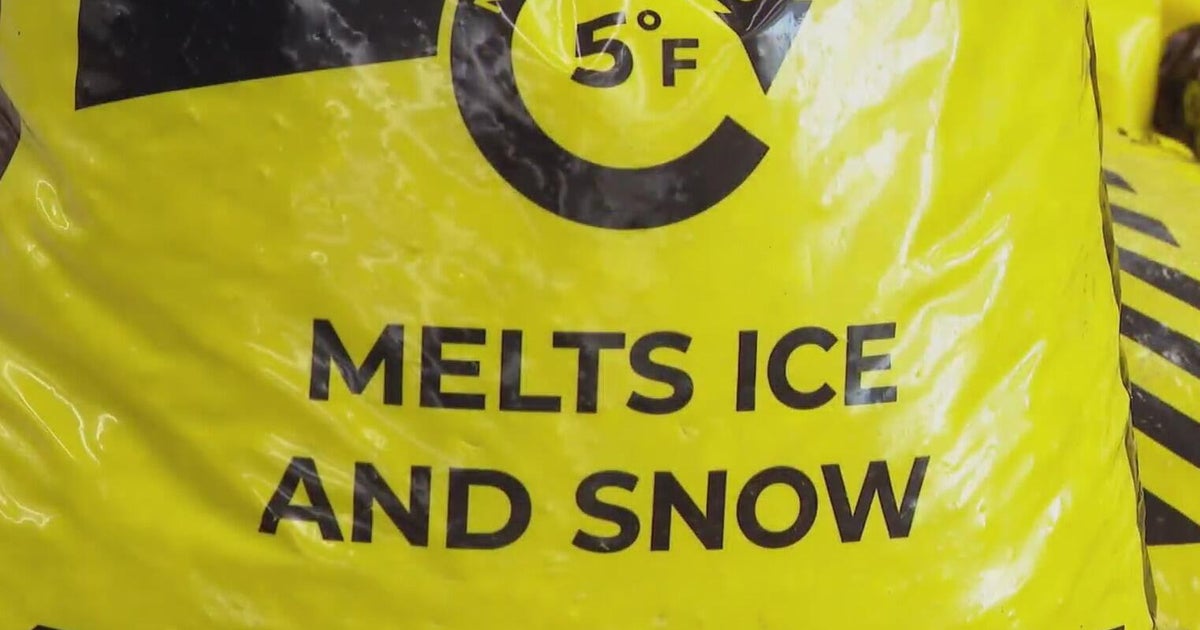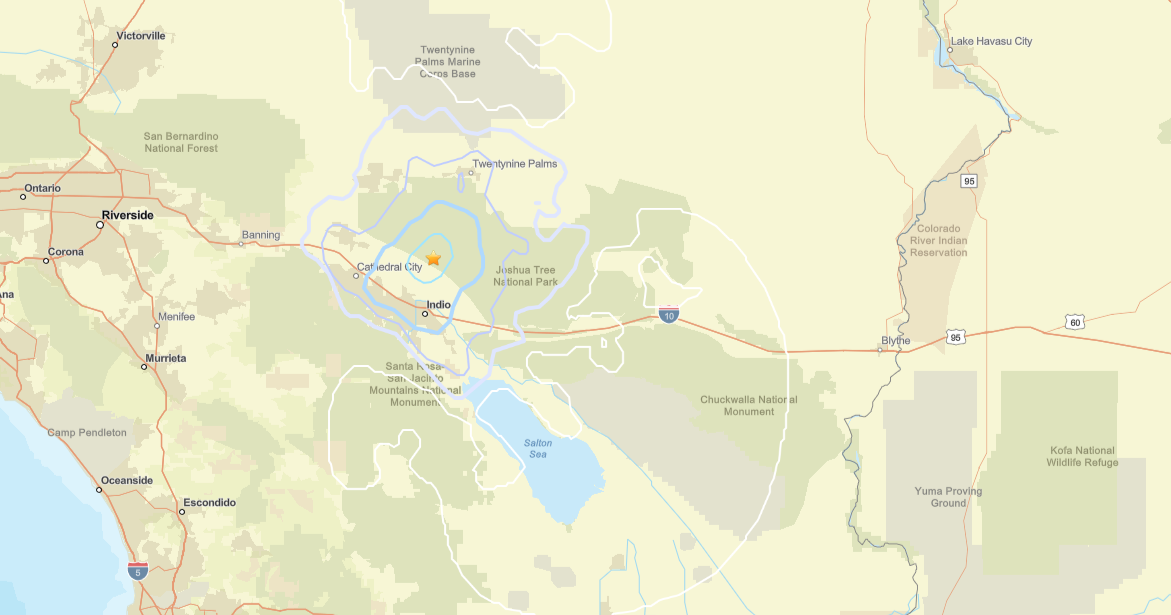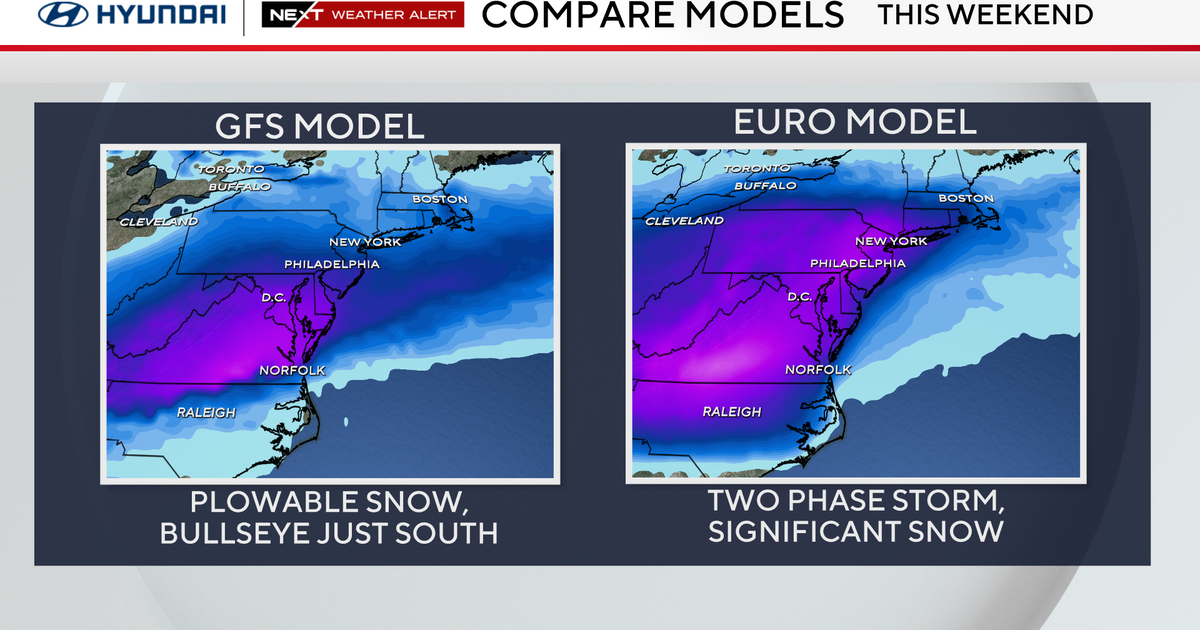Despite slow start to California snowpack, hope remains for turnaround
It was a disappointing start to California's water year as state regulators on Tuesday conducted the first snow survey of the season at the Phillips Station in the Sierra Nevada, where there seemed to be more dirt than snow.
Compare that sight to this time last year when California was in the throws of a record year with nearly five feet of snow covering the ground at the station.
Last year's snowpack was the fourth-largest ever in California's recorded history.
Sean de Guzman, with the California Department of Water Resources (DWR), and his crew methodically worked across a field with minimal snow and a checkerboard of bare spots, measuring and weighing samples.
"We recorded a snow depth of 7 and a half inches and a snow water content of 3 inches," de Guzman said. "That represents 30% of the average to date."
The snowpack functions as a huge frozen reservoir, providing about 30% of the water used annually in California as it melts and runs off into streams and rivers in the spring. Though the state's Sierra snowpack is significantly down from 2023, California's reservoirs are still full from last year's gift.
"Our statewide reservoir storage is looking about 116% of average right now," de Guzman said.
However, that could change without some snow soon.
"We've had some wet weather in the extremes, but in the interior, not as much," said Michael Anderson, a state climatologist with the DWR.
In the mountains, there's still hope as one storm up there can change everyone's fortunes.
Despite a below-average start to the new year, storms moving through Northern California this week could help turn things around.
"There can be so many things that happen with our storm systems between now and April when we see our peak snowpack," de Guzman said.
At Tube Tahoe, it's brown on both ends. Joel Gomez and Clay Orr work the parking lots and are making the best of a bare situation.
"We do have more tubes this year and we sold out," Orr said. "We have about 280 tubes and we were sold out every day."
With snow at a premium, drivers off Highway 50 turn in for fun wherever they can.
"We have those snow cannons and we can make so much snow every night," Orr said.
Orr shared the same sentiment with de Guzman that the peak snow is yet to come.
"We've had a couple late years so far but I've heard January and March is where it's going to hit really big," he said.
However, Gomez said patience may be a virtue.
"It could differ. It could not snow until March, then we have a Miracle March where it snows a couple feet," he said. "It's just really hard to tell."
